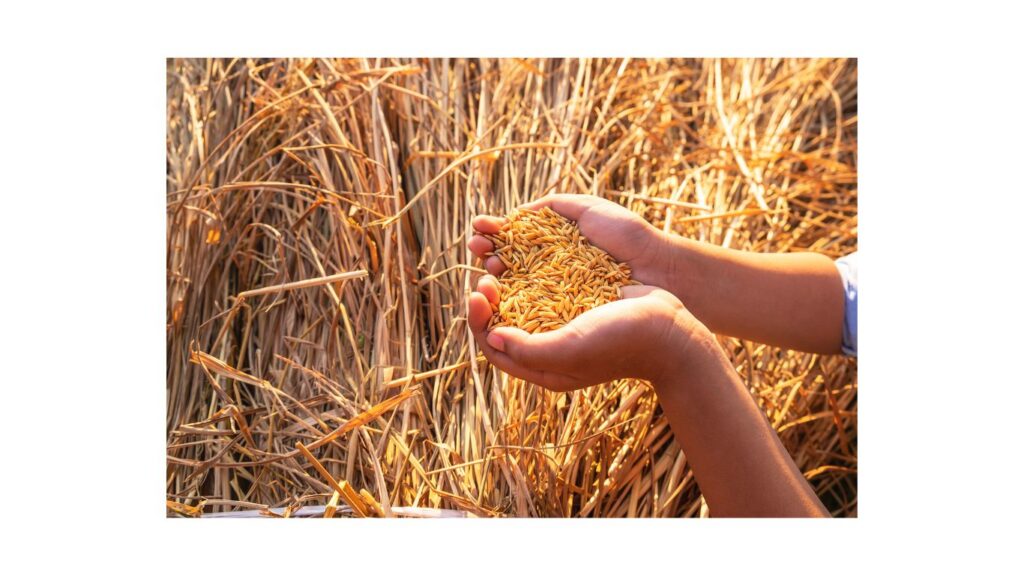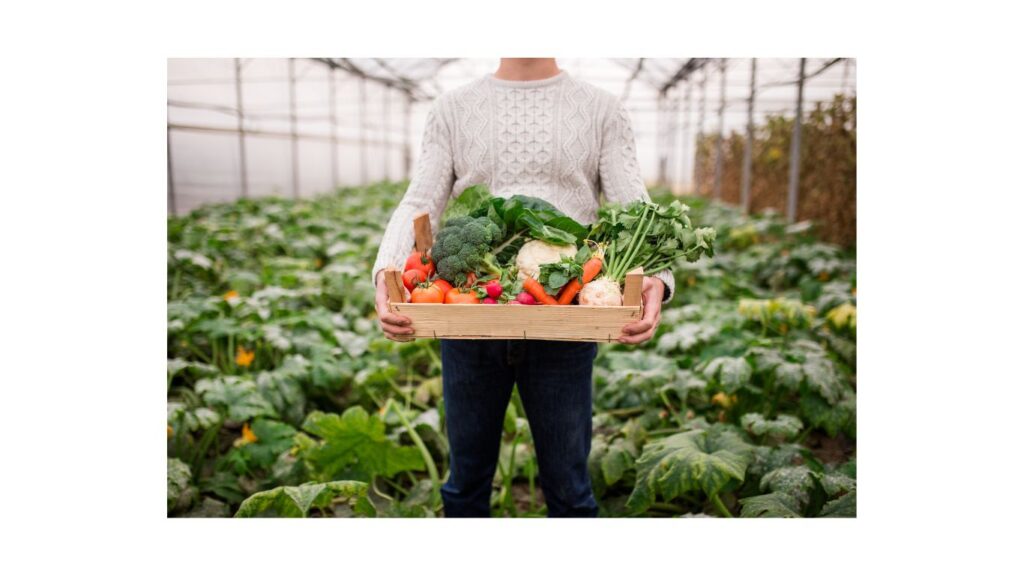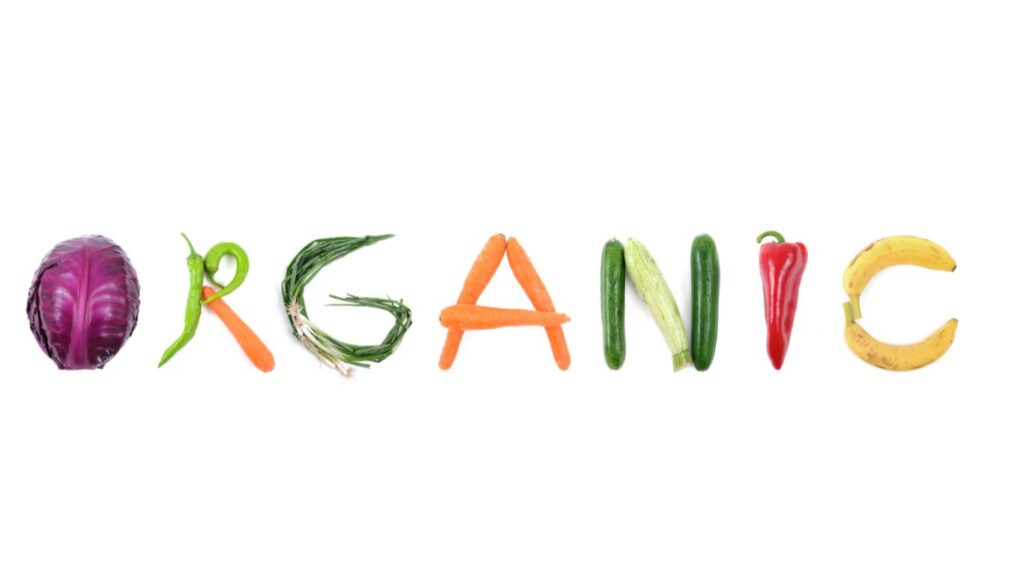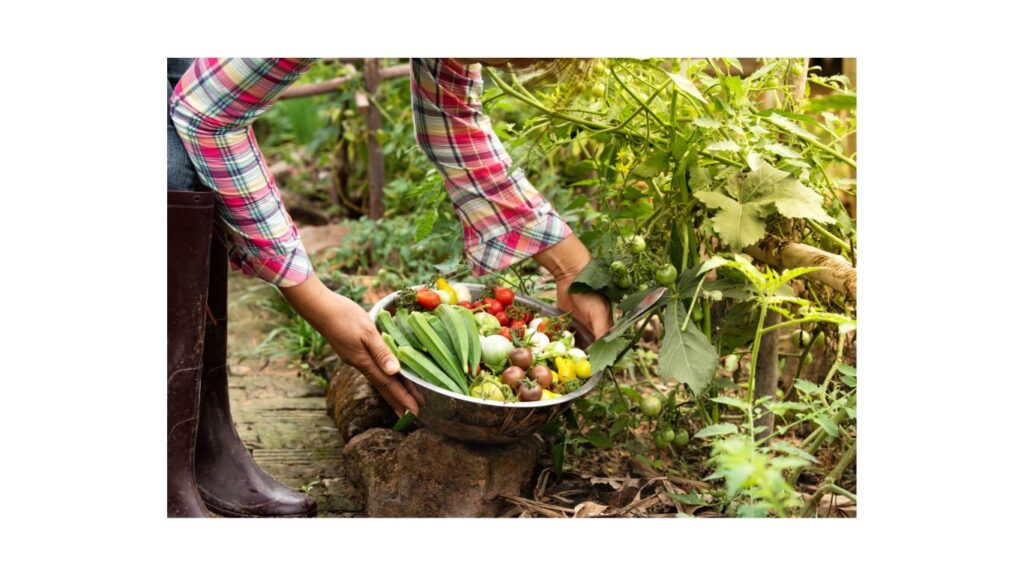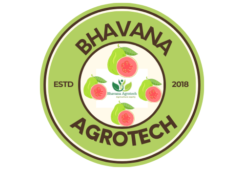Organic Farming Services

We Help Our Clients With:
Crops are chosen based on analysis of the soil, weather, and water.
According to the state of the market, a farming project report, cost analysis, and profit analysis are completed.
Manure, an organic fertilizer, is made on the farm.
Fertilizer, pesticide, and manure schedules are given based on the crop situation.
Visit the field with our agronomist to inspect the crop. And they provide prompt solutions if any issues with the crop develop.
The farmers can contact our agronomist by phone if there are any issues with their crops.
lowering crop costs and raising productivity
creating a brand for organic goods and then promoting their sale.
Description
Various Horticulture Crops
Organic Terrace Gardening Organic Kitchen Gardening
to eradicate weeds, illnesses, and pests
water usage with caution
The welfare of the animals is regarded as being extremely important in an organic system.
Why? We Do Organic Farming
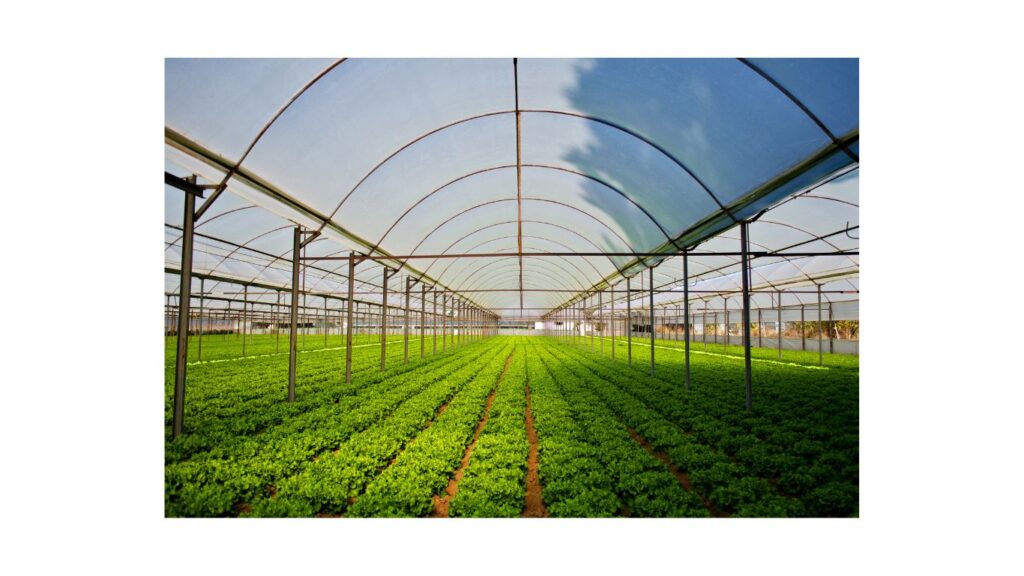
The term “Organic Farming Services” refers to a variety of expert agricultural services with an emphasis on growing crops and rearing livestock in a sustainable and organic manner. These services are intended to advance ecological harmony, lessen the usage of synthetic chemicals, and improve the ecosystem’s general health.
The term “organic farming services” refers to a broad range of initiatives, methods, and strategies that place emphasis on consumer health, environmental protection, and agricultural system sustainability. These services could consist of:
Soil management: Organic farming services put an emphasis on creating and maintaining healthy soil using techniques including composting, cover crops, and minimal tillage. Healthy soil encourages crops that are nutrient-rich and prevents erosion.
Crop Rotation: To preserve soil fertility, prevent illness from spreading to the soil, and disrupt insect life cycles organically, organic farmers frequently use crop rotation.
Natural Pest Management: Organic agricultural services use techniques like companion planting, trap crops, and beneficial insects to organically control pests rather than relying on synthetic pesticides.
Composting: By turning organic waste into compost, vital nutrients are added to the soil, which also strengthens the soil’s structure and increases water retention.
Non-GMO: Genetically modified organisms (GMOs) are often not used in seeds or crops by organic agricultural services, which instead emphasize traditional and non-GMO kinds.
What ? is Organic Farming
